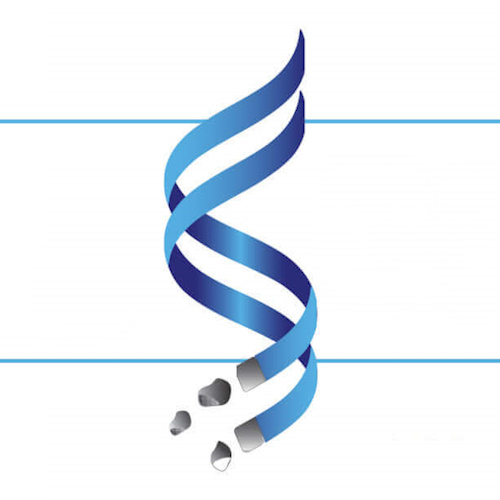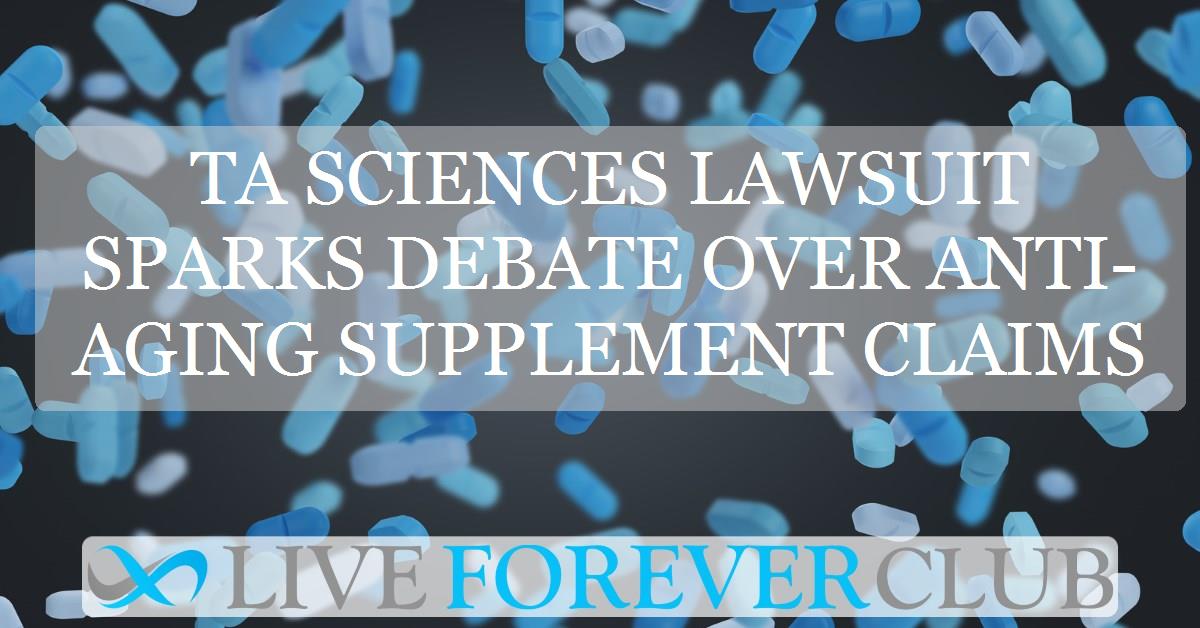Key points from article :
Telomerase Activation Sciences (TA Sciences) is facing a class-action lawsuit filed by former employee Brian Egan, accusing the company of deceptive practices in promoting TA-65®, a supplement marketed to reverse ageing by lengthening telomeres—the protective caps at the ends of chromosomes. While telomere science has a solid foundation in research, the lawsuit challenges the scientific rigor behind TA Sciences’ claims, putting both the company and the broader field of telomere-based therapies under scrutiny.
Telomeres shorten as cells divide, contributing to cellular ageing, but the enzyme telomerase can potentially counter this process. While studies suggest that TA-65, derived from the herb Astragalus membranaceus, may activate telomerase and lengthen telomeres in mice and humans, leading scientists, including Nobel laureate Carol Greider, urge more rigorous testing. Critics also point out that as a nutraceutical, TA-65 is not subject to FDA evaluation of its health claims, adding to the skepticism.
The lawsuit also stems from a personal conflict: Egan alleges he was fired after revealing his prostate cancer diagnosis and claims he was pressured to take TA-65 to promote its safety. TA Sciences denies these allegations, asserting Egan was dismissed for poor sales performance. The dispute escalated when Egan accused TA-65 of causing his cancer and the company counter-sued for defamation, claiming significant financial losses.
This legal battle underscores the tension between groundbreaking science and commercial claims. While telomere therapies hold promise for treating conditions like bone marrow failure, experts warn that unproven supplements risk undermining public trust in the science of ageing.







